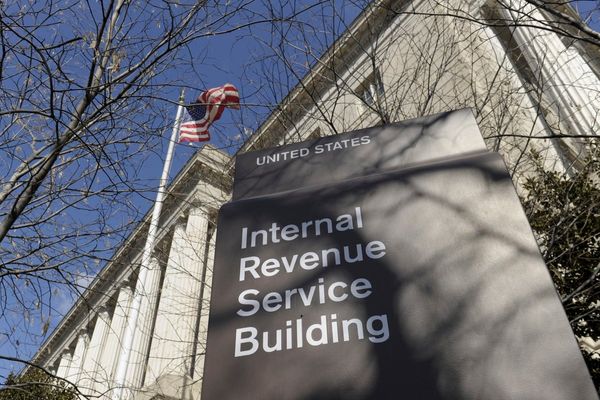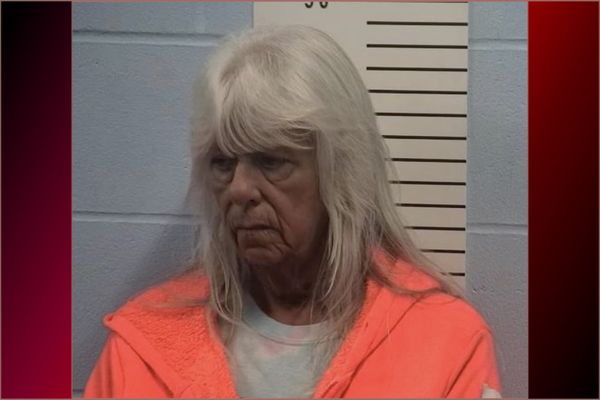
Voters have given the Albanese government an F on containing housing costs and surprisingly little credit for increasing wages in two troubling signs for Labor heading into a cost-of-living election.
Those are the results of the latest Guardian Essential poll of 1,123 voters, which found strong support for social media regulation, including two-thirds in favour of the under-16 age ban.
After a legislative bonanza with parliament passing 45 government bills in its final week, Anthony Albanese nevertheless conceded that Labor needs to do more on the cost of living before the 2025 election.
It would seem voters agreed, with 53% rating the government’s performance as “poor” on “increasing the amount of affordable housing”, including 30% who said “very poor”. Just 21% of respondents said its handling of this issue was “good” and a further 26% said neither good nor poor.
On “increasing wages and workers’ rights”, those who said the government had done a poor job slightly outnumbered those who said a good job, 35% to 33%. That was despite wages increasing faster than inflation for four consecutive quarters, one of the brightest spots in the Albanese’s governments economic narrative.
More voters thought the government was doing a good job than poor one on a range of other issues: protecting children on social media (38% to 28%), supporting Australian jobs and industry (37% to 32%), protecting nature and the environment (34% to 30%), and progressing the transition to renewable energy (32% to 28%).
In a forced-choice question, the majority (53%) of respondents said it was up to the federal government to negotiate legislation through parliament and “if they fail it is a sign of their inability to govern”, pipping those who said “if the opposition and minor parties block most legislation, it is a sign they are playing politics rather than seeking positive outcomes” (47%).
Last week the government and opposition passed a world-leading social media age ban for those aged 16 and under, despite concerns about its practical enforceability.
When it came to regulation of platforms such as Meta and TikTok, respondents to the poll supported banning deepfake pornography (77%), deepfake political content such as bogus videos of politicians (76%), requiring platforms to remove dangerous and malicious content (75%) and requiring platforms to ensure users are over the age of 16 (67%).
The social media age ban was most popular among over-55s (76% of who approved) and less so among 18- to 34-year-olds, of whom 55% approved.
In a sign of appetite for even greater regulation, 70% wanted the government to require platforms to disclose how they decide what content users receive in their feeds.
A majority (55%) wanted the government to “require platforms to carry news journalism and compensate media companies for their work” – an important finding with an announcement expected this year to respond to Meta’s halting of deals compensating media companies.
Most respondents thought Australia did a good job protecting freedoms of: speech (75%), protest (76%), over one’s body including abortion (76%), association including joining a union (78%) and religion (80%). But fewer said the same of freedom from surveillance, at 56%.
Nevertheless, a majority of respondents were in favour of laws restricting freedom of speech including: laws against hate speech and vilification (67%), defamation (68%), criminal protection against assault and bullying (73%), and privacy law including anti-doxing laws (76%).
On Monday Albanese took aim at the Coalition, noting on ABC Radio that it had “voted against the doxing legislation that was introduced as well as part of our privacy laws”.
Although those passed with Greens and crossbench support, Labor still has a fight on its hands over hate speech laws, which Christian groups oppose while LGBTQ+ equality groups and Jewish groups want to go further by outlawing vilification.
After Donald Trump’s US election win on an anti-free trade platform, the Guardian Essential poll found Australian voters split between those wanting reduced tariffs to lower prices (37%), those who think reduced tariffs expose Australian workers to competition from “cheaper imports from low-wage nations” (33%) and those who are unsure (30%).







